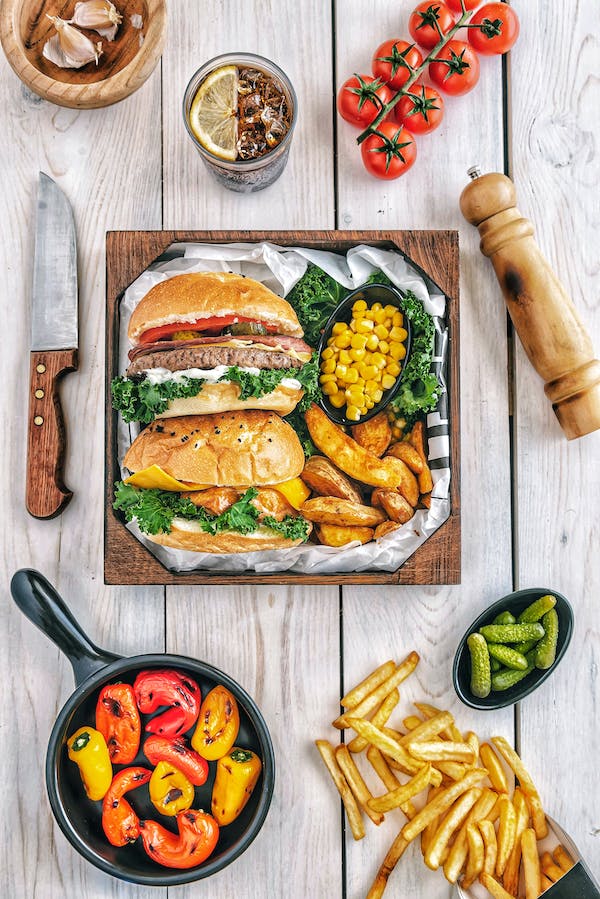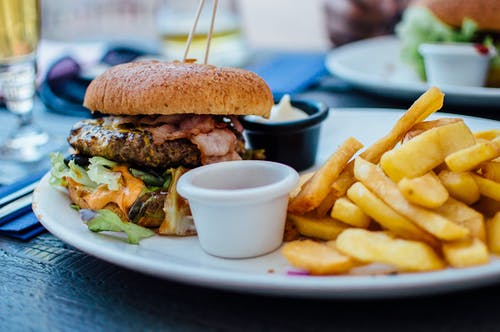Food has always been an integral part of people’s lives. It provides the nutrients that everyone needs to survive and remain healthy, and it can make a person feel comforted and soothed in times of emotional distress. Unfortunately, food can also lead a person down the path of addiction. With great pleasure comes greater risk, and if a person is not careful, they may find themselves repeatedly overeating in order to find satisfaction and relief. Thankfully, there are ways to ignore food and avoid addiction.
The first step to ignoring food in order to avoid addiction is to recognize the triggers associated with your particular cravings. People differ in their triggers, but some of the most common are stress, boredom, sadness, and environment. For example, if you know that you tend to binge eat when you watch television late at night, then it is important to be aware of this. You can either take measures to avoid this environment, or find a healthier way to deal with your emotions or boredom.

Making sure to plan meals in advance and following meal plans can help to eliminate the triggers associated with addiction. When the body is well-nourished, it is less likely to crave certain foods. Meal planning helps to make sure that the body receives adequate nutrition throughout the day. Planning ahead also helps to curtail impulsive eating, since you are less likely to visit the cupboard or fridge if you already have something prepared.
Another way to ignore food and avoid addiction is to practice mindful eating. Mindful eating is the practice of being present in the moment with your food. It involves tuning into the physical and emotional sensations associated with eating. When you practice mindful eating, you become aware of why you are eating and how you feel afterwards. You become more aware of triggers, too, so you can identify and address them before they lead to feelings of guilt or overeating.
Finally, there are certain strategies you can use to help ignore food cravings. Distraction is key when it comes to avoiding overeating or binging. When cravings arise, find a way to divert your attention. Listen to music, phone a friend, take a walk, or engage in a hobby. Sipping a cup of tea or a glass of water can also help to keep cravings at bay. Drinking herbal teas such as peppermint and chamomile can actually help to reduce stress and provide a sense of calm, too.
Ignoring food is an important part of abstaining from food addiction. By recognizing the triggers behind cravings, engaging in mindful eating, and employing healthy distraction strategies, it is possible to manage feelings of temptation and avoid going down the slippery slope of addiction. With the proper tools, anyone can develop healthy coping mechanisms and learn to take charge of their eating habits.







